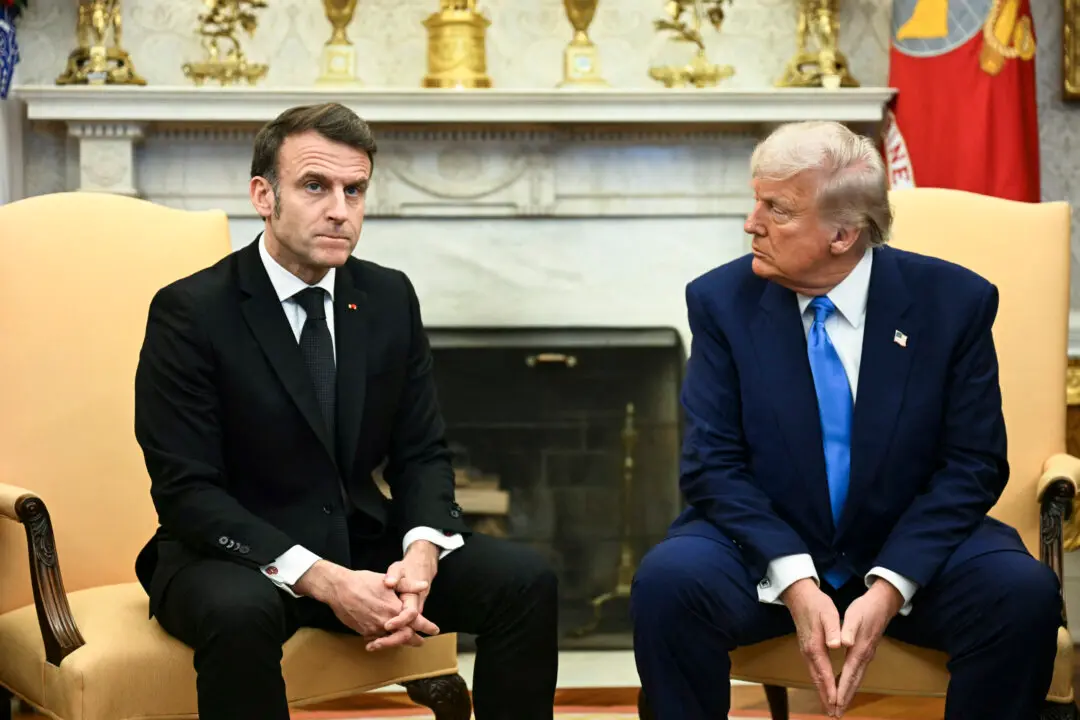Protesters at the coronation were planning to use rape alarms and loud hailers, as well as vandalise monuments and throw paint at the procession, Met Police Commissioner Sir Mark Rowley has revealed.
Months of planning were to be undermined by people who, according to Rowley, were posing a security threat to the crowds and the procession.





